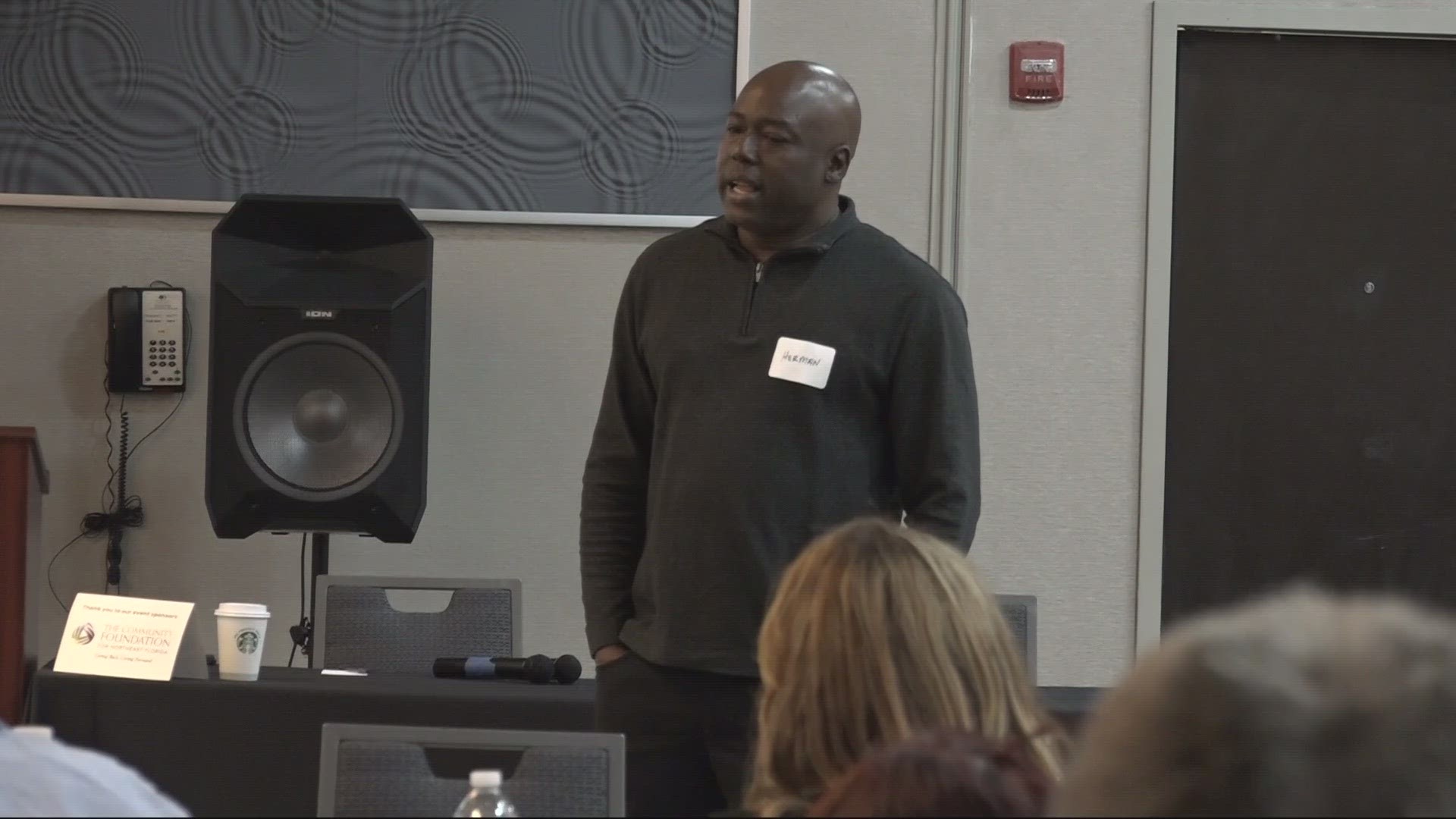JACKSONVILLE, Fla. — Florida is now one of only two states that does not require a unanimous jury to impose death sentences for murder convictions. Governor Ron DeSantis signed that legislation into law Thursday.
Under this new law Florida requires at least eight jurors to agree to oppose death while Alabama requires at least 10. Death penalty experts expect this law will lead to more appeals by death row inmates.
Florida death row exoneree Herman Lindsey says he disagrees with the law describing it as 'unfair'. Lindsey says he is worried it will silence the jury members who don't favor a death sentence.
Lindsey spent three years on Florida's death row for the 1994 robbery and murder of a pawnshop owner in Fort Lauderdale, but maintained his innocence.
"I was wondering how can I be facing death for something I didn't do?" Exoneree Herman Lindsey said.
Lindsey was initially sentenced to die on an 8-4 vote. But in 2009, he was exonerated when the Florida Supreme Court unanimously ruled his trial was unfair and there was not enough evidence to find him guilty.
"Do you let somebody who committed a crime walk, or do you lock up an innocent person?" Lindsey said.
The new law only impacts the sentencing phase of death penalty cases. A death sentence can be recommended if at least eight jurors agree. If not, then a life sentence without the possibility of parole is handed down.
"It should be difficult to sentence someone to death because that's the ultimate question life or death and so if you lower the numbers of jurors needed, you're probably gonna have jurors of mixed minds. In Florida, these doubtful cases could result in executions," said Death Penalty Information Center Executive Director Richard Dieter.
Dieter says this law was influenced by the case of Parkland High School Shooter Nikolas Cruz and the jury's decision to not sentence him to death.
"There was at least some doubt about whether he should be sentenced to death. And so because Florida required unanimity. He did not get a death sentence. So that created a lot of turmoil," he explained.
In a statement, Governor DeSantis says: “Once a defendant in a capital case is found guilty by a unanimous jury, one juror should not be able to veto a capital sentence."
Lindsey says he didn't know anything about the death penalty until he faced it. Now, that he's on the other side, he says he isn't in favor of the death sentence.
"Life in prison is way worse because that person has to think about what they did to that victim that brought them there for the rest of their life. Also, they have to dodge violence in the prison. They have the dark sexual assaults in prison. You know, you can't go out and live a normal life," Lindsey said.
Lindsey is now free and is fighting for change.
"We need to put our differences aside the difference of race, we need to put aside the difference of religion. all those things that divide us as human beings and fix our justice system," Lindsey said.
The Death Penalty Information Center says Florida has one of the largest death rows in the country and it comes with a cost. Dieter says it costs about $40,000 a year to keep someone in prison for life. It costs millions more from the time attorneys are hired and the process that comes with appeals all the way through executions.

